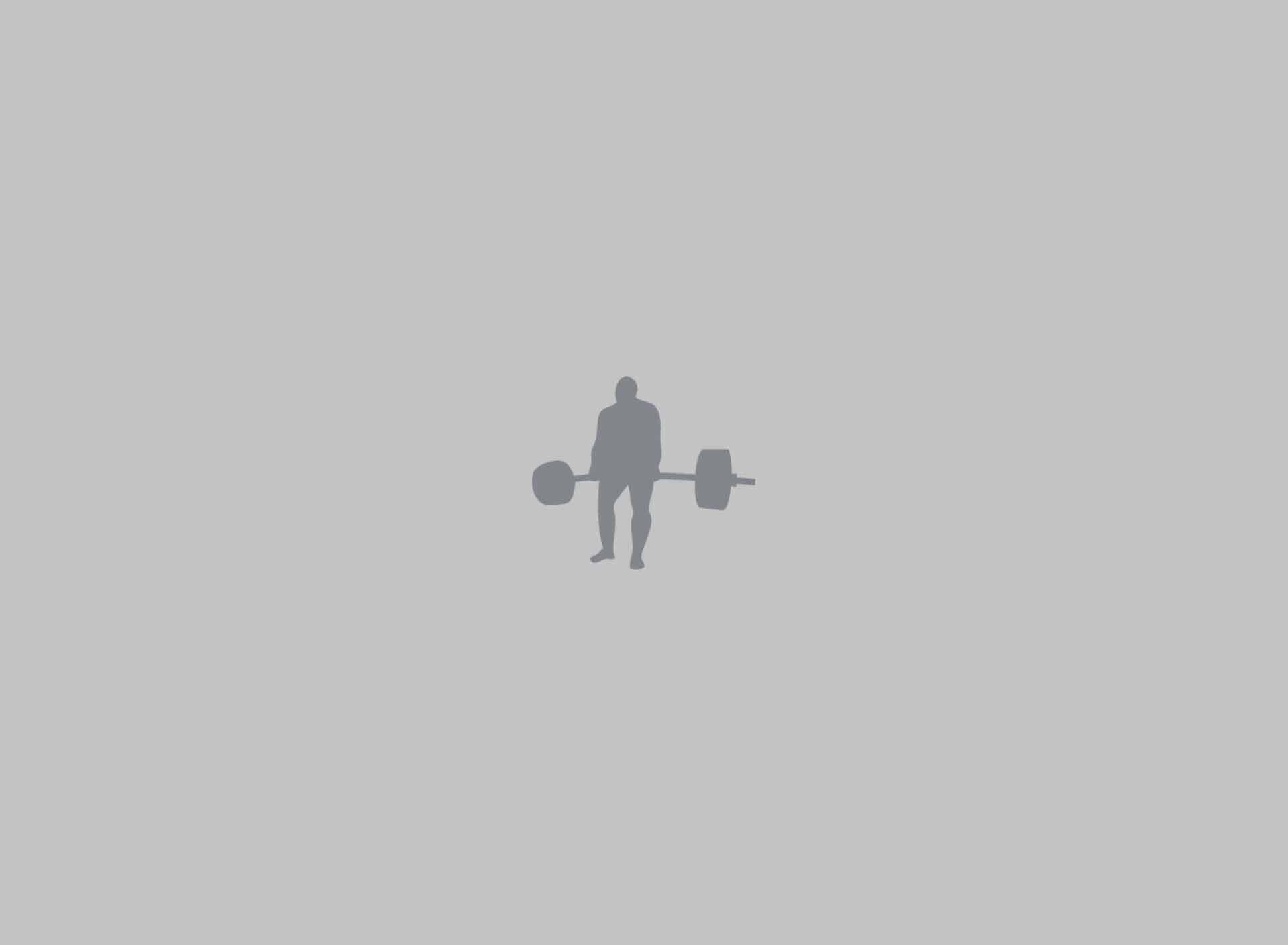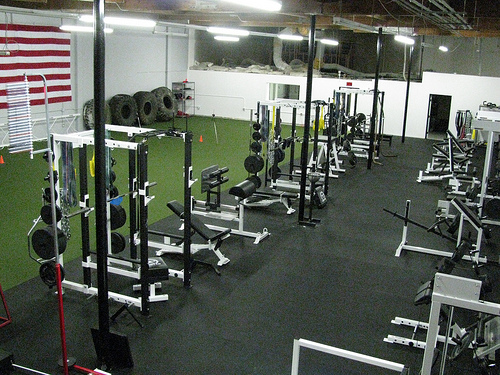Written by Team Juggernaut
Jacob Tsypkin – At risk of sounding cliche: too much too soon. This is particularly true for weightlifters. You never get the first 12-18 months of learning how to lift back. Reign in the weight and do everything right, and it WILL pay off in the long run
Nick Shaw – Not focusing on the basics first, trying to get too fancy.
Samantha Lower -Most commonly new lifters have a hard time staying over the bar in the snatch. Not to say they have a weak back, but in comparison to their legs that’s usually the case. That results to pulling behind the bar to quickly so they can get to their legs, which is less efficient and less likely they’ll get the bar to their hips.
Another mistake is putting to much weight on too fast. We keep our new athletes with a bar in their hands for the first few weeks just to get position work down and then build up slowly, stopping if any technical errors occur.
Ariel Stephens– Not finishing their pull. A lot of lifters, especially beginners, tend to pull the bar with their arms before they have reached full extension. This causes the bar to loop away from the lifter and miss the lift.
Chad Wesley Smith– Going too heavy too often and not taking ownership over what they’re doing, rather just blindly following a program without critically thinking about their needs and then blaming their lack of success on the author of the program.
Kalle Beck – On Strongman people train the events too heavy. You wouldn’t hit your 3rd attempts 12 weeks out of a powerlifting meet, why would you do an 800lb yoke 12 weeks out of a Strongman contest? Where do you have to progress from there?
Dr. Quinn Henoch– Missing lifts far too often in training. Fix your technique and/or lighten the weight. It’s called “training” for a reason.
James Townsend– Not applying the correct percentage of their 1RM to their training and trying to hit a PR
Dr. Reena Tenorio– Worrying more about the weight on the bar each day in training rather than the quality of movement or progress in overall technique. Far too often, the emphasis is only on strength and max lifts, rather than solid, consistent lifts each day.
Dr. Mike Israetel – Using poor technique has to be the biggest. Partial ranges of motion, heaving, rounding backs, etc. If you tell people you lift weights, you might want to learn HOW to lift weights.
Maya Winters– Less experienced lifters, I did this and am now paying for it, rush to variations of movements rather than build base strength and mobility. Premature incorporation of bands and chains into training, when scathing technical flaws are present, is very common.
Colin Burns – trying to program for yourself or relying on fellow gym goers for your coaching. Being an athlete and being a coach are two different credentials. Some have both, most don’t.
Blaine Sumner– By far training too heavy and delusional. Hitting max effort sloppy lifts like high squats, touch and go benches, hitched deadlifts, and expecting to hit that or more in a meet.
Reid Worthington– Trying to PR everyday…and not focusing on technique
Jamie Hagiya– Definitely their set up. If they’re out of position from the beginning, that’ll mess up their lift from the get go. Also the first pull is tough to keep the right positioning of hips and shoulders raising at the same time. And lastly not being patient on their final pull, jumping on their toes too early instead of waiting and driving through their heels.
Greg Panora – Worrying too much about the last 2% (Supplements, wraps, shoes, etc) and not enough about diet, training and technique which should be ALL they should worry about.
Ewa Januszk– Let me just preface this by saying that I am by no means a perfect lifter. However, there are two mistakes that lifters often make that simply light a fire under me. First is when lifters disregard the basics. You will NOT be a successful USAPL bencher without practicing a paused bench. You will NOT be a successful USAPL squatter if you squat above parallel in training. You will NOT be a successful USAPL deadlifter if you constantly practice lazy pulls without locking out your knees or hips. Practice what you will be executing in competition, and no, not 5 days before your meet. EVERY time you train. Second is when lifters listen to every piece of information that they read or see on the internet or social media. What you see is not always what is best for you. Popularity on social media does not automatically equate to practical knowledge in the sport.






